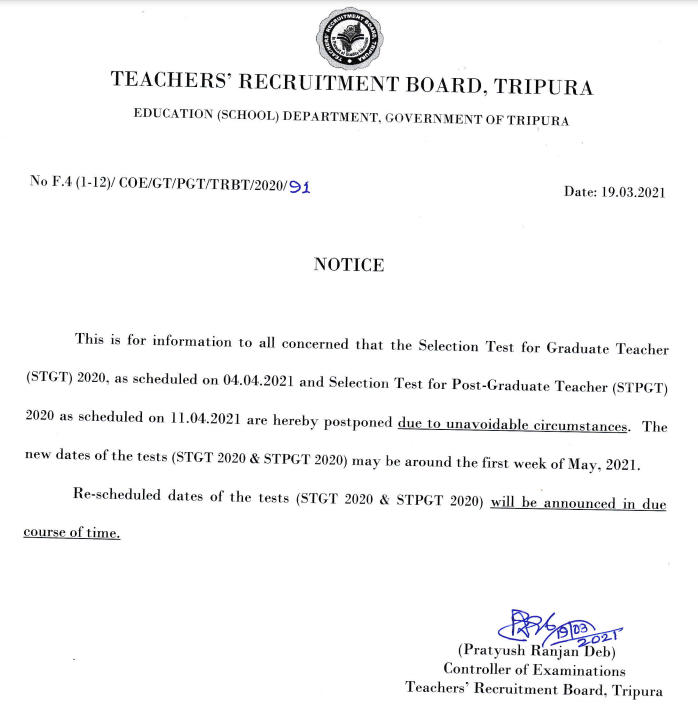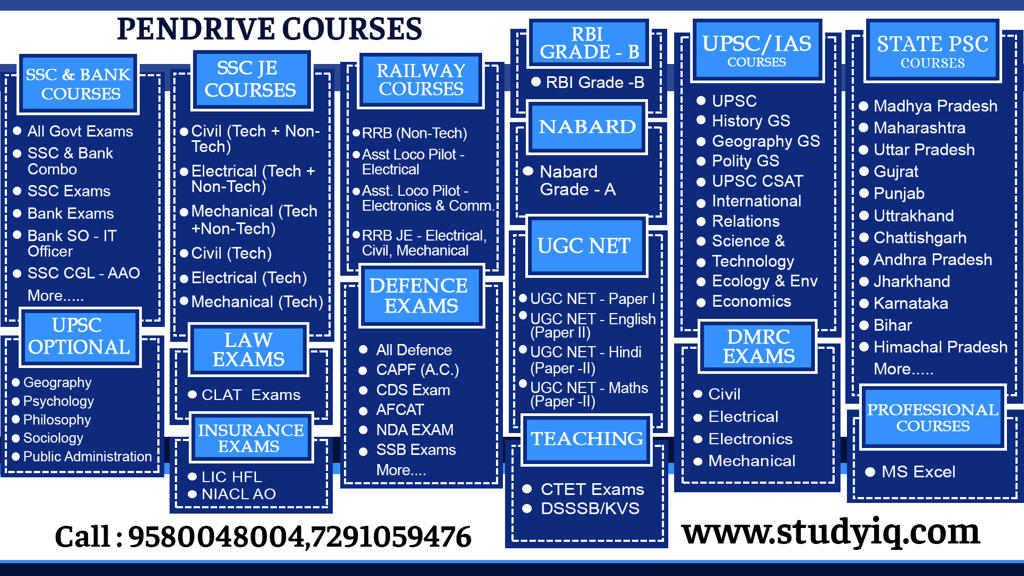Table of Contents
RAM MANOHAR LOHIYA (PART 1)
EARLY LIFE
- Ram Manohar Lohia was born on 23 March 1910 at Akbarpur, currently part of the state of Uttar Pradesh, India.
- His father, Hiralal, was a devoted freedom ‘ fighter and a follower of Gandhi. Lohia was greatly influenced by his father Hiralal and Gandhi. It was from his father that Lohia derived his interest in his early years in the nationalist politics led by GandhHis mother died in 1912, when he was just two years old
EDUCATION
- In 1918 he accompanied his father to Bombay where he completed his high school education. He attended the Banaras Hindu University to complete his intermediate course work after standing first in his school’s matriculation examinations in 1927.
- He then joined the Vidyasagar College, under the University of Calcutta and in 1929, earned his B.A. degree.
- He decided to attend Frederick William University (Berlin) studying national economy as his major subject as a doctoral student from 1929 to 1933.Lohia wrote his Ph.D thesis paper on the topic of Salt Taxation in India.
POLITICS
- Lohia came back to India as an anti-imperialist and plunged himself to the struggle for Indian liberation movement under the leadership of Gandhi and Nehru.
- Lohia was one of the founders of the Congress Socialist Party and editor of its mouthpiece Congress Socialist.
- Leaders sought to apply and introduced the foreign ideas which they felt, would suit Indian culture, conditions and circumstances. Thus, lndianization of socialism became their dominant creed.
SOCIALIST PARTY
- AICSP conference which was held in Bombay on October 21-22,1934, declared the objective of the party to be the achievement of ‘complete independence in the sense of separation from the British Empire and the establishment of socialist society.
- Indian socialism largely on Marxian lines, but only as a mixture diluted with the Indian conditions. The congress Socialist thinkers urged the necessity to evolve a democratic way of life and build an egalitarian society to ameliorate the miser-ies and sufferings of the lndian people.
CSP
- Marxism was the chief goal of the congress Socialists, but they were influenced by Gandhian principles.
- In 1936, he was selected by Jawaharlal Nehru as the secretary of the Foreign Department of the All India Congress Committee (A.I.C.C).
- In June 1940, he was arrested and sentenced to a jail term of two years for delivering anti-war speeches. Already released by the end of 1941, Lohia became one of the leading figures of the Central Directorate which clandestinely tried to organise the Quit India revolt, sparked by Gandhi in August 1942.
POST INDEPENDENCE
- During and after India’s transition to independence in 1947, Lohia continued to play an active role in its politics. At loggerheads with Prime Minister Jawaharlal Nehru on several issues, however, Lohia and other CSP members left the Congress in 1948.
- He became a member of the Praja Socialist Party upon its formation in 1952 and served as general secretary for a brief period, but internecine conflicts led to his resignation in 1955.
LAST DAYS
- The controversy of “teen anna pandrah anna”, when Ram Manohar wrote a pamphlet “25000 rupees in a day” stating that the amount of money spent on prime minister Jawahar Lal Nehru was way more than our country could afford when majority of the population lived on 3 annas a day, is famous even today.
- Lohia brought many issues at surface that had long been eating away the nation and its capacity to succeed. Lohia formed Hind Kisan Panchayat, whereby farmers of the country could resolve their problems. During his last few years, he spent most of his time in discussing the topics of politics.
- Death On 12th October, 1967; at the age of 57 Ram Manohar Lohia died in New Delhi.
GANDHI
- The emergence of Gandhi in Indian politics and the introduction of mass politics were landmarks in the freedom struggle. Rammanohar Lohia was deeply influenced by Gandhi.
- Gandhiji’s ideals and principles had a strong impact on Lohia. But Lohia did not succumb completely to Gandhian ideas.
- Lohia did not blindly accept all the ideas of Gandhi. He was critical about the inconsistencies and drawbacks of Gandhian ideas.
RAM MANOHAR LOHIYA (PART 2)
SOCIALISM
- Lohia sought to.combine socialist principles with the four Gandhian ideas, namely; satyagraha, ends and means principle, small machine technol-ogy and political decentralization.
- Lohia gave socialism a novel dimension and set new goals. ‘ ‘ Socialism was to Lohia a broad tendency. He envisioned socialism as a new civilisation. Lohia advanced his concept of Socialism independent of capitalism and communism
SOCIALISM
- The Doctrinal Foundation of Socialism.
- Lohia was opposed to capitalism and communism.
- Lohia did not accept Western liberalism. He regarded freedom as important. Lohia had abiding faith in democracy, freedom and individual liberty. Such belief repelled him from Communism or Marxism.
- Lohia cherished that Socialism is superior to capitalism because it is not based on the idea of the use or exploitation of other for one’s own aggrandize-ment or enrichment.
COMMUNISM AND CAPITALISM
- Lohia identified poverty and unemployment as the fundamental obstacles in the way of socialist transformation of the underdeveloped countries.
- Lohia had no faith in the automatic development of socialism. His socialism rejects the new production technique of the capitalist and the communist systems for India and underdeveloped countries.
PRINCIPLES
- Lohia says that socialism stands for equality and prosperity. In order to achieve it, it should rely on vote (election), spade (constructive work), and prison (civil disobedience). This new Socialism should principally aim at :
- Maximum attainable equality, towards which nationlization of economy may be one necessary step
- A decent standard of living throughout the world, and not increasing standard of living within national frontiers
- A world parliament “elected on some kind of adult franchise with beginning , towards a world government and world army
- Collective and individual practice of civil disobedience so that the unarmed and helpless little man may acquire the habit to resit tyranny and exploitation
- Freedom of the individual against unjust enroachments of public authority and safeguarding an area of free speech and association and private life over which no government nor organisation may exercise control
- 6 Evolution of a technology, which would be consistent with these aims and processes.
COMMUNISM AND CAPITALISM
- Lohia visualised the economic inequality prevalent both within a nation and among nations. Both national and international inequalities are related with· each other and hence affect each other. Lohia felt so far inequality among the nations is not removed, inequality within a nation cannot be completely eliminated.
- To Lohia, capitalism did arise in west Europe, grew in west Europe and attained ‘its full maturity there, but even while it grew, it took .a lot of dynamic out of the territories which came under its imperialist control, but which were not part of west Europe.
CAPITALISM
- Rammanohar Lohia presented his theory of twin origin of capitalism and imperialism.
- Lohia rejected Lenin’s theory of imperialism as the‘ highest stage of capitalism. To Lohia, both imperialism and capitalism are interwoven; they have been twins; which born, rose and matured together.
- Lohia forcefully stated : “All forms of colonialism are a shame to mankind and a serious impediment to the growth of an equal world. Political rule of an occupation army and of one nation over another must go
DECENTRALISATION
- His concept of the four pillar state is the manifestation of decentralisation of political and administrative power. it is based on the prin-ciple of immediacy in democracy.
- Lohia noted that the primary task of Indian socialism is to create prosperity. He pleads that the four-pillar state which provides the political structure of the future socialist state is supposed to activate every section of the society lo a new life.
- Lohia is in favour of administrative decentralisation. He suggests that. economic decentralization, corresponding to political and administrative decentralisation, may be brought about through maximum utilization
DEMOCRACY
- Lohia points out that if socialism is to be defined in two words then they are equality and prosperity.Lohia viewed liberty and equality as mutually complementary to each other. He thinks that they can’t be separated.
- Lohia was opposed to any kind of tyranny, oppresion and regimentation in society. He was in favour of assur ing social justice; and economic security to the individuals.
- Caste system plays a very important role in social stratification in Indian society. According to Lohia, caste is considered as ‘the most important single reality of the Indian situation.’ lohia feels that caste system exerts a destructive ·role in Indian society and Lohia upholds the limitati0ns and drawbacks of caste to socialise the Indian masses to rise against the ‘menace
ENGLISH,WOMEN AND CASTE
- Lohia viewed English as a foreign language and launched a movement to remove the English education in this country.
- Lohia feels that the English education people of India constitutes a tiny minority of the whole population and their approach and behaviour is elitist in character and they maintain . a distance with the people not knowing English.
- Lohia stressed emphasis on the emancipation of women in all spheres.India to fight for the equal status of woman in every walk of life. Lohia pointed out that the two segregation of caste and women are primarily responsible for the decline of spirit in India.

























 WhatsApp
WhatsApp